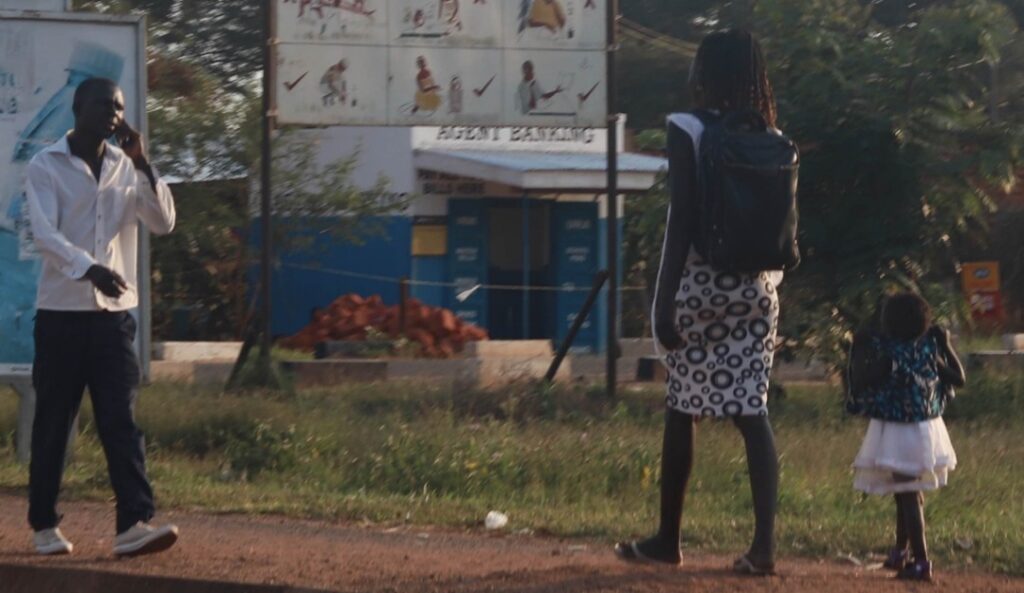Education is about more than learning to read, write and count.

Our education program addresses important factors that help to help communities from poverty and give children an opportunity for education. This includes all the necessary infrastructure and materials required for effective learning. Even cultural issues such as preventing child marriages and keeping girls in school are treated. Education is important for sustainable development, as education has proved to be the best way to give people the tools, knowledge, strength and confidence they need to promote and protect their own rights, growth and self-sufficiency.
Education can help families, communities and entire nations break the vicious circle of poverty. Challenges in the education sector are related to the necessary infrastructure and materials for effective learning. Our work aims to strengthen and support a concept for education for sustainable development, an approach to teaching and learning based on the ideals and principles behind sustainability – human rights, poverty reduction, sustainable supply, peace, environmental protection, democracy, health, biological and the diversity of the landscape, climate change, gender equality and protection of cultures of origin.
Partnership schools are encouraged to take a more holistic view of education in order to “create a better world for this generation and future generations for all living on planet Earth”. This allows each child to acquire the knowledge, skills, attitudes and values needed to shape a sustainable future. By equipping young people with these relevant skills beyond their environmental knowledge, they can excel by living life that is not just for humanity ahead, but also taking care of and respecting our planet’s resources.
Activities include:
Promotion of education
Primary schools
Provide the necessary infrastructure and materials as well as the necessary tools and resources for effective learning. With the elementary school, we give the children a chance not only to learn to read, write and count, but also to learn to protect themselves through basic sanitation, sometimes as simple as washing their hands.
Secondary schools
Scholarships.
Tertiary and university studies
Provide rotating student loans. The large number of applications from young people who want to participate in higher education cannot be managed by public universities. Private education becomes the only option for thousands of them. The cost of it is not affordable for everyone.
Adult education
Organize non-formal education for adults who were unable to attend school by engaging high school students living in remote rural communities to share their writing and reading skills with parents, grandparents, and neighbors.
Establishment of JLOF Academy
Construction and creation of the JLOF Academy to provide qualified vocational training in the use of information technology (IT), business studies, mechanics / technical studies, tourism and entrepreneurship.

